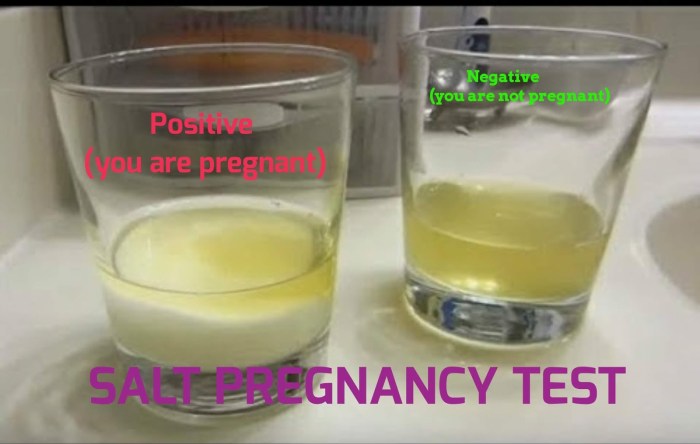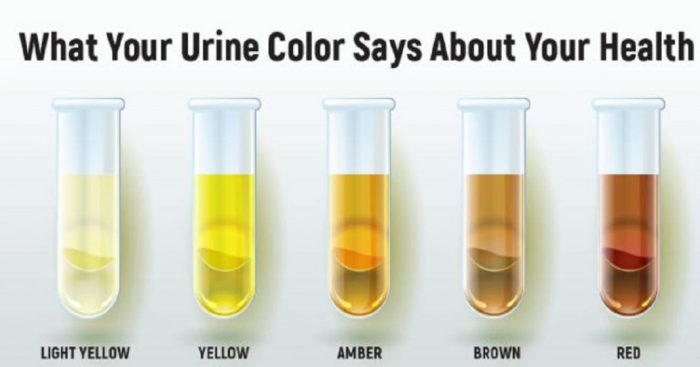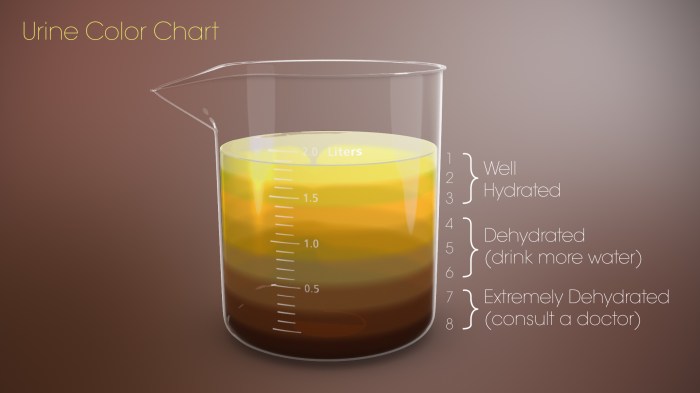Does coffee dilute urine for pregnancy tests? This question sparks curiosity and raises concerns among individuals seeking accurate pregnancy test results. Delving into the physiological impact of coffee on urine concentration and its implications for pregnancy test accuracy, this discussion aims to provide insights and guidance on the interplay between coffee consumption and pregnancy testing.
Coffee, a widely consumed beverage, contains caffeine, a diuretic known to increase urine output. This raises the question of whether coffee consumption can dilute urine, potentially affecting the reliability of pregnancy tests that rely on urine concentration for accurate results.
Physiological Impact of Coffee on Urine Concentration: Does Coffee Dilute Urine For Pregnancy Test

Coffee, a popular beverage, contains caffeine, a stimulant that has various physiological effects on the body. One of these effects is its diuretic action, which increases urine production.
Diuretics promote water excretion from the body, leading to increased urine volume. Caffeine acts as a diuretic by inhibiting the reabsorption of water in the kidneys’ collecting ducts. This inhibition results in more water being excreted in the urine, contributing to its dilution.
Implications for Pregnancy Test Accuracy
Pregnancy tests detect the presence of human chorionic gonadotropin (hCG), a hormone produced during pregnancy. The concentration of hCG in urine is used to determine pregnancy status.
Diluted urine, as a result of excessive fluid intake or diuretic use, can affect pregnancy test accuracy. When urine is diluted, the concentration of hCG decreases, potentially making it harder for the test to detect the hormone. This can lead to false negative results, where a pregnancy is not detected despite the presence of hCG.
Clinical Recommendations and Guidelines, Does coffee dilute urine for pregnancy test
To ensure accurate pregnancy test results, it is recommended to avoid excessive fluid intake and diuretic use, including coffee, before taking the test.
If coffee consumption is necessary, it is advisable to drink it in moderation and allow sufficient time for the diuretic effect to subside before taking the test. This time frame can vary depending on individual caffeine metabolism.
Individual Variability and Considerations
Individual variations in caffeine metabolism can influence the impact of coffee on urine dilution and pregnancy test accuracy.
- Age: Caffeine metabolism slows down with age, making older individuals more susceptible to the diuretic effects of coffee.
- Body weight: Individuals with lower body weight may experience a more pronounced diuretic effect from coffee compared to those with higher body weight.
- Pregnancy: Pregnancy can alter caffeine metabolism, potentially affecting the diuretic response to coffee.
- Other medications: Certain medications, such as diuretics and antibiotics, can interact with caffeine and enhance its diuretic effect.
Alternative Methods for Diluting Urine
In cases where urine dilution is necessary for medical reasons, alternative methods can be considered:
- Water: Drinking a large amount of water can help dilute urine. However, excessive water intake can also lead to electrolyte imbalances.
- Electrolyte-rich beverages: Sports drinks or electrolyte solutions can provide hydration without significantly diluting urine.
- Cranberry juice: Cranberry juice has diuretic properties and can help increase urine volume. However, it is important to note that cranberry juice may interfere with certain medications.
Clarifying Questions
Can I drink coffee before taking a pregnancy test?
Moderate coffee consumption (1-2 cups) is unlikely to affect test accuracy. However, excessive intake may dilute urine and lead to false-negative results.
What alternative methods can I use to dilute urine for pregnancy tests?
Water is the safest and most effective method. Other options include cranberry juice, herbal teas, or electrolyte drinks. Avoid sugary beverages or alcohol, as they can dehydrate and affect test results.

